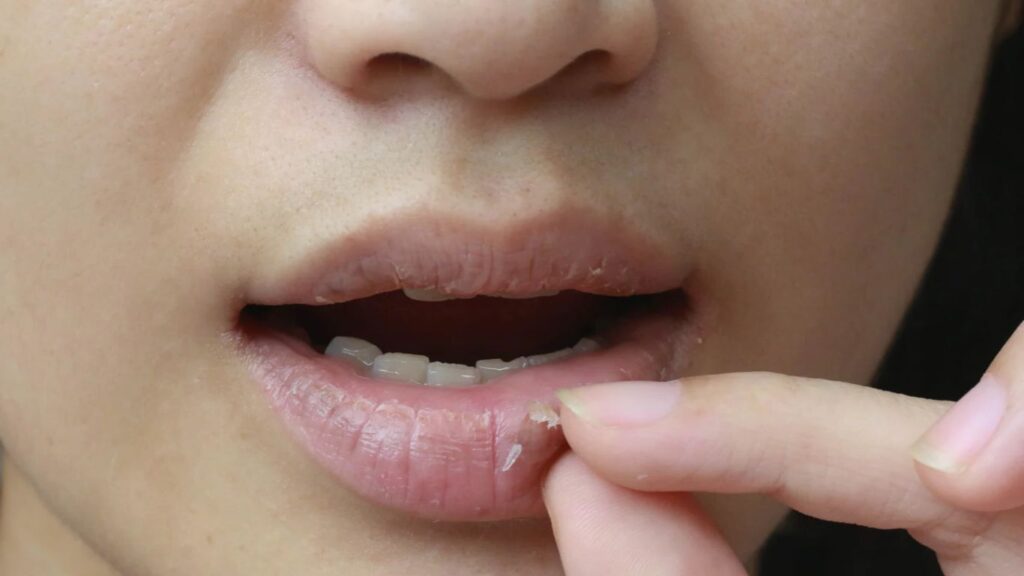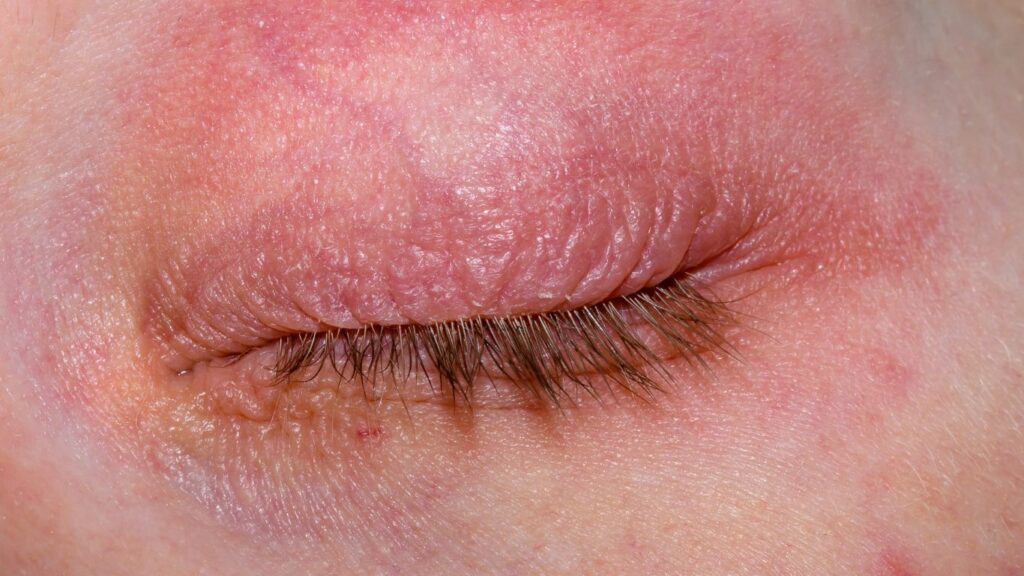As the days grow shorter and the air becomes crisper, the transition into winter brings several changes, including those that affect your skin. Pre-winter weather can take a toll on your skin, leading to various issues like dryness, flakiness, and irritation. Understanding these common skin problems and knowing how to prevent them can help you maintain healthy, glowing skin throughout the season. In this blog, we’ll explore the most prevalent pre-winter skin issues and offer practical tips on how to keep your skin in top condition.
Pre-Winter Skin Issues: Common Problems and How to Avoid Them
1. Dry and Flaky Skin
Why It Happens:
One of the most common pre-winter skin issues is dryness. As temperatures drop, so does the humidity in the air. This lack of moisture can strip the skin of its natural oils, leading to dryness and flakiness. People with already dry skin may find this condition worsening as pre-winter weather sets in.
How to Avoid It:
- Moisturize Regularly: Choose a thick, cream-based moisturizer that provides a barrier to prevent moisture loss. Apply it immediately after showering when your skin is still slightly damp to lock in hydration.
- Use a Humidifier: Adding moisture back into the air in your home can help counteract the drying effects of cold, dry air. This is especially useful at night when your skin is more prone to losing moisture.
- Limit Hot Showers: Although a hot shower feels comforting in chilly weather, it can strip your skin of its natural oils. Opt for lukewarm water instead, and avoid spending too long in the shower.
2. Chapped Lips
Why It Happens:
Cold air can quickly dry out the sensitive skin on your lips, causing them to become chapped, cracked, and even painful. The habit of licking your lips can make the issue worse, as saliva evaporates and leaves the skin even drier than before.

How to Avoid It:
- Use Lip Balm: Opt for a nourishing lip balm that contains hydrating ingredients like shea butter, beeswax, or petroleum jelly. Keep a lip balm handy and reapply throughout the day.
- Stay Hydrated: Drinking plenty of water can help maintain hydration levels in your skin, including your lips.
- Avoid Licking Your Lips: Resist the urge to lick your lips, as it worsens the dryness. If needed, apply a moisturizing balm as soon as you feel the urge.
3. Eczema Flare-Ups
Why It Happens:
Eczema, or atopic dermatitis, is a condition characterized by red, itchy, and inflamed skin. The dryness of pre-winter weather can trigger flare-ups, causing discomfort and irritation for those who suffer from this condition. Changes in temperature, along with exposure to allergens and irritants, can make eczema symptoms worse.
How to Avoid It:
- Moisturize Multiple Times a Day: Eczema-prone skin needs regular hydration. Use a hypoallergenic moisturizer that’s free from fragrances and harsh chemicals.
- Wear Soft, Breathable Fabrics: Avoid fabrics like wool that can irritate sensitive skin. Instead, choose soft, breathable materials like cotton.
- Use Gentle Skin Care Products: Opt for gentle, fragrance-free cleansers and avoid using products with harsh chemicals that can strip the skin’s protective barrier.
4. Redness and Sensitivity
Why It Happens:
As temperatures fluctuate between warm indoors and cold outdoors, the skin can become more sensitive. Blood vessels contract in cold weather, leading to redness and increased sensitivity, especially for those with conditions like rosacea.

How to Avoid It:
- Protect Your Skin: When stepping outside, wear a scarf to shield your face from the cold wind. This can help reduce redness and sensitivity.
- Avoid Over-Exfoliation: While exfoliating helps remove dead skin cells, overdoing it can damage your skin’s protective barrier. Limit exfoliation to once a week and use gentle exfoliants.
- Choose Soothing Skin Care Ingredients: Look for skincare products that contain calming ingredients like aloe vera, chamomile, or cucumber, which can help soothe irritation and redness.
5. Cracked Hands
Why It Happens:
The skin on your hands is often exposed to the elements, and frequent washing can strip away natural oils, leading to dryness and cracking. This issue becomes more prominent in pre-winter weather when the air is less humid, making it harder for your skin to retain moisture.
How to Avoid It:
- Moisturize After Washing: Use a rich, emollient hand cream after every wash. Carry a small tube with you so you can reapply throughout the day.
- Wear Gloves Outdoors: Protect your hands from the cold by wearing gloves when you go outside. This can prevent the harsh, dry air from causing further damage.
- Opt for Gentle Soaps: Use moisturizing hand soaps that don’t strip the skin of its natural oils. Avoid soaps with strong fragrances or harsh chemicals.
6. Dull Skin Tone
Why It Happens:
Pre-winter weather can cause the skin to lose its natural glow, leaving it looking dull and tired. The lack of moisture in the air, combined with less sunlight exposure, can lead to a decrease in skin cell turnover, resulting in a less radiant complexion.
How to Avoid It:
- Exfoliate Gently: Exfoliating once or twice a week can help remove dead skin cells, promoting a more radiant complexion. However, avoid harsh exfoliants that can cause irritation.
- Hydrate from the Inside Out: Drinking enough water is key to maintaining a healthy glow. You can also incorporate hydrating foods into your diet, such as cucumbers, oranges, and leafy greens.
- Use Brightening Serums: Incorporate serums with ingredients like vitamin C and hyaluronic acid into your skincare routine. These can help boost hydration and restore a healthy glow to your skin.
7. Itchy, Irritated Scalp
Why It Happens:
The skin on your scalp can also be affected by pre-winter dryness, leading to itchiness, dandruff, and irritation. Wearing hats and beanies can trap sweat and exacerbate the problem, leading to even more discomfort.

How to Avoid It:
- Use a Moisturizing Shampoo: Switch to a moisturizing or dandruff-control shampoo to combat dryness. Avoid products with sulfates, which can further strip moisture from the scalp.
- Oil Massage: Treat your scalp to a gentle oil massage once a week. Oils like coconut, jojoba, or argan oil can nourish the scalp and relieve itching.
- Limit Hair Washing: Over-washing your hair can strip the scalp of its natural oils. Try to limit hair washing to two or three times a week.
Final Thoughts
Pre-winter weather can bring many challenges for your skin, but with the right approach, you can prevent and manage these issues effectively. Remember that moisturizing regularly, staying hydrated, and protecting your skin from the elements are key to maintaining healthy skin during this transitional season. Adopting these habits will help your skin stay soft, smooth, and radiant as winter approaches. By understanding and addressing these common pre-winter skin issues, you can enjoy the colder months without worrying about discomfort or irritation.
Also read: Nimba for Skin Health: Fighting Acne, Eczema, and Skin Infections Naturally
